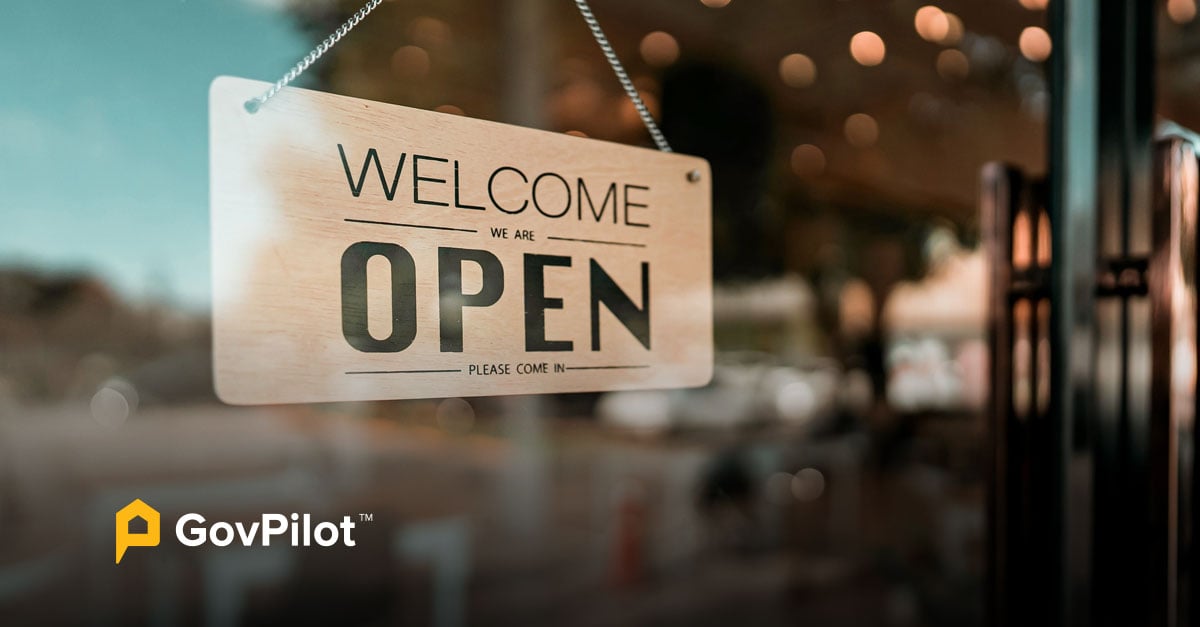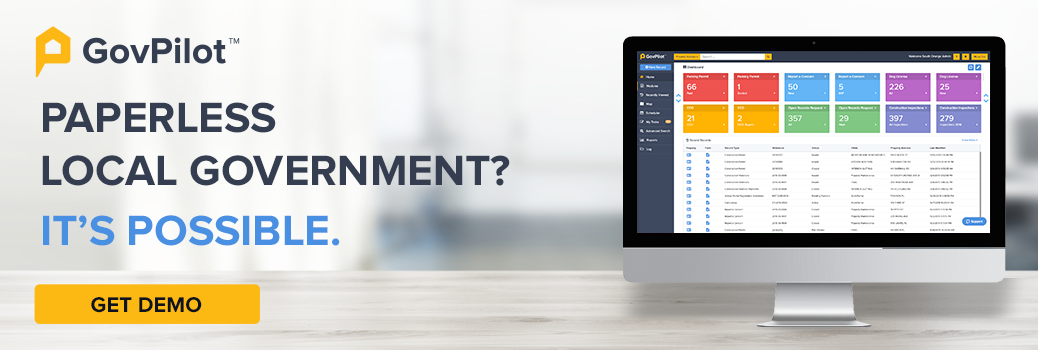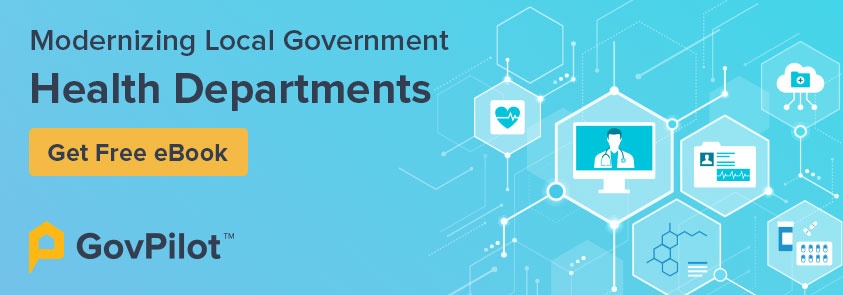Local public officials perform regular inspections to ensure business meet health and safety standards.
Without proper recurring health inspections, facilities ranging from restaurants and salons to public pools and assisted living facilities could become unsanitary and unsafe for the public and the customers or residents. Yet many local health departments lack the bandwidth and technology to perform inspections frequently and efficiently, resulting in inspection backlogs and the potential for health ordinance violations going unnoticed.
In this guide, you’ll come to understand why local health departments need modern inspection workflows, how health department software can help, and the specific types of businesses you need unique inspection forms for.
How Can Local Health Departments Modernize Inspection Processes?
Anyone that’s ever gotten food poisoning from a restaurant or a skin rash from a public pool recognizes that problems can result from code violations at places of public accommodation. Local health departments that fail to perform health inspections consistently and thoroughly may be doing a disservice to the health of their constituents.
Yet inspectors may be bogged down by manual processes that result in suboptimal health inspections and lost opportunities to engage in proactive education instead of basic code enforcement. Sources of inefficiency include:
- Manual Scheduling: when scheduling initial and follow-up inspections require a phone call and a desk calendar, inspections can get bogged down in administrative tasks instead of completing inspections.
- Paper-based inspection forms: having to hand-write notes about a health inspection is time-consuming and requires the health inspector to either manually file paperwork or do data entry once they return to the office.
- Traditional storage of inspection records: keeping historical business and property records together is important for keeping track of code violations. When inspectors file records in desk drawers or storage cabinets, it’s easy to lose track of historical data.
- Generic inspection forms: different types of businesses and properties have completely varying health codes to abide by. Yet many local inspectors are stuck with generic inspection forms across industry-types and no support to reference codes on site.
What Types of Facilities Do Local Health Departments Need to Prioritize for Health Inspections?
Best practices mean local health departments inspect all business types before issuing a health license. When inspectors are overwhelmed with inspection backlogs, here are some ways that health departments can prioriize inspections to minimize adverse impacts on community members:
1. Retail Food Establishments
Retail food establishment inspections are critical to ensure that restaurants and food vendors prepare food in a safe and sanitary measure.
2. Aquatic Facilities Like Pools and Spas
Pools, water parks, and any facilities that utilize water need to be constructed in a safe manner and meet specific requirements for keeping water safe to use and preventing the spread of disease.
3. Hospitals and Nursing Home Facilities
Health inspections should be conducted to ensure that patients of all ages are receiving proper care and that the facilities are free from hazards such as infection and fire hazards.
4. Child Care Businesses and Day Camps
Your local government has to ensure that the children in your community are safe by performing regular inspections of child care facilities.
5. Animal Facilities like Animal Shelters, Pet Shops, Veterinarians, and Dog Parks
Health inspections of animal facilities are critical to keep both animals and humans safe. Proper sanitation is critical in ensuring that zoonotic diseases (diseases that spread from animal to human) don’t spread and that animals are living in humane living conditions.
Here are more considerations for your Modern Local Government Animal Control Strategy.
6. Hotels and Motels
Tourism is a critical part of any good Municipal Local Economic Development Strategy, but no visitors are going to choose your neighborhood if they don’t have a sanitary place to stay. Hotels, motels, and short-term rentals should all be inspected on a frequent basis.
7. Other Business Types
Common facility types that need recurring health inspections include massage parlors and tattoo/piercing shops.
Improving Your Local Health Inspection Processes
Local health inspections are imperative to public safety. Your health department can leverage government software to keep your inspection schedule organized, make inspections quicker and more efficient via digital forms, and store all of the relevant data in the cloud.
To learn more about how GovPilot health department software can help with inspections and beyond, book a free demo.
Modern Health Inspection FAQs
Why Are Local Health Inspections Important?
Local health inspections in ensuring that local businesses and facilities abide by codes that are critical to local public safety. Businesses like restaurants, nursing homes, massage parlors, pet shops, as well as public pools, dog parks, etc. all pose hazardous risks if sanitation and safety measures aren’t prioritized.
If local governments don’t strictly enforce health codes, public health issues will unfortunately slip through the cracks. Learn more about forming a Modern Code Enforcement Strategy.
How Does Health Department Software Help Beyond Inspections?
Health department software assists in digital forms for inspections, as well as these other public health processes:
- Online health licensing and permitting applications including:
- Animal / pet licenses
- BYOB permits
- Massage parlor license
- Mobile food vendor licenses
- Outdoor café permits
- Pet shop, kennel, shelter permits
- Vending machine licenses
- Dog park use pass applications
- Citizen complaint management
- Mosquito control surveillance
- CEHA air program applications
- Cloud-based public health data storage and management








